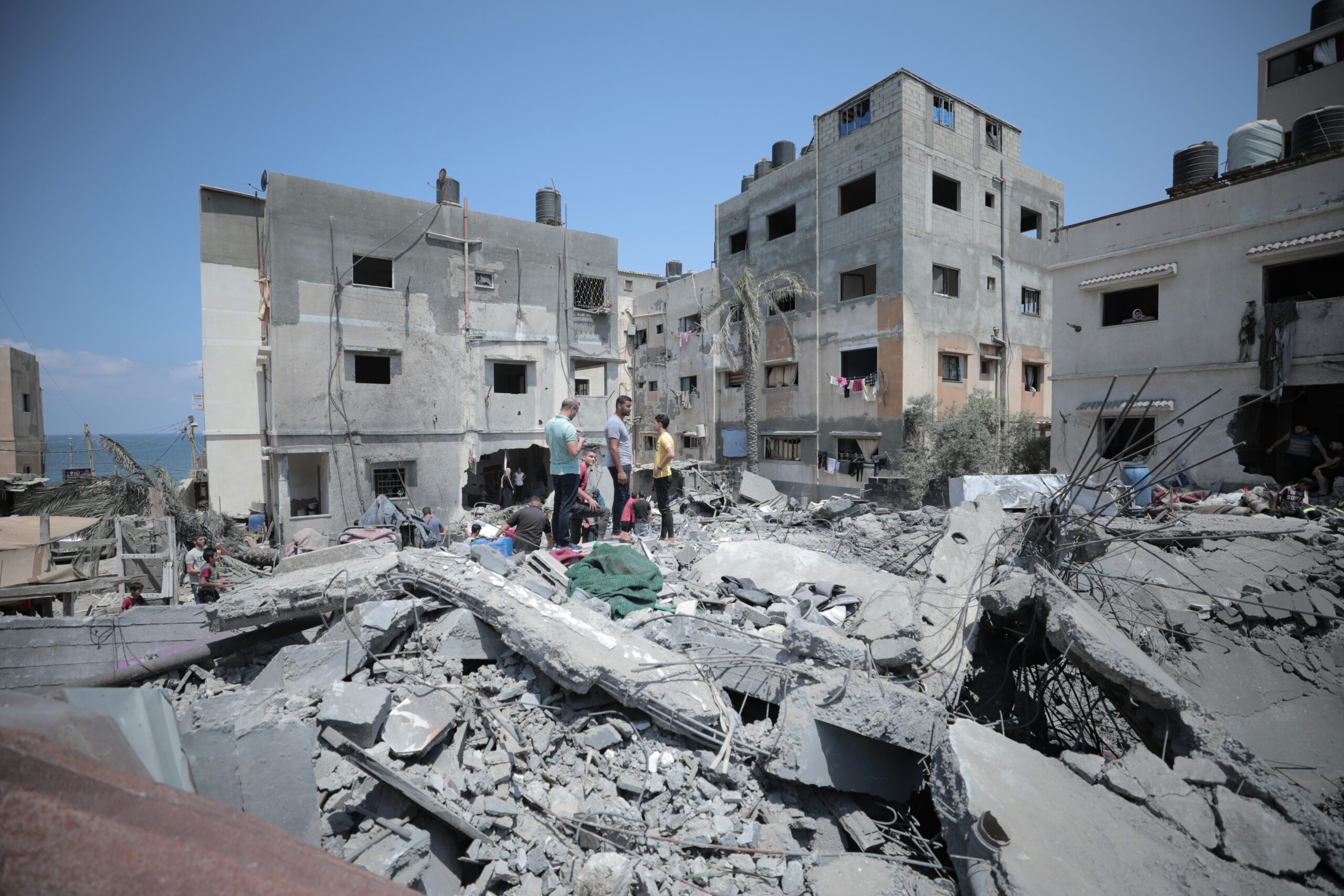
The conflict in Gaza has reached catastrophic levels, with recent reports confirming that the death toll has now surpassed 62,000. The escalation is marked by intensified Israeli strikes on Gaza City and allegations of a deliberate starvation campaign against the Palestinian population.
Key Facts
- More than 62,000 Palestinians have died in the nearly two-year conflict.
- Israel has intensified its military operations, focusing on Gaza City, leading to widespread displacement and destruction.
- Reports indicate a severe humanitarian crisis, with shortages of food and medical supplies exacerbated by Israeli blockades.
Background
The ongoing conflict in Gaza has intensified, with Israel targeting Gaza City, the territory’s largest urban center. This strategy includes not only military strikes but also enforced displacement of residents to designated zones in the south, described by sources as ‘concentration zones.’ The recent surge in violence has resulted in significant casualties, with at least 30 Palestinians killed since dawn on a single day, including 14 who were seeking humanitarian aid.
Timeline/What We Know
Recent reports outline a grim picture of the situation in Gaza. Continuous Israeli bombardment has left little to no safe havens in the besieged enclave. A medical source confirmed that an Israeli strike in the al-Sabra neighborhood resulted in additional casualties. The relentless attacks have not only led to loss of lives but have also severely damaged residential structures, healthcare centers, and other critical infrastructure.
The destruction has been so extensive that many residents, previously displaced by earlier attacks, find themselves on the move again, with some unable to leave due to financial constraints or lack of safe destinations. Despite promises of aid and shelter by Israeli authorities, trust among the Palestinian residents remains low.
Official Reactions
The international response has been one of alarm and condemnation. Humanitarian organizations like the UN World Food Programme and Doctors Without Borders have highlighted the dire conditions, noting particularly the impact on children and the risk of a ‘lost generation’ due to interrupted education and chronic malnutrition. Amnesty International has accused Israel of conducting a ‘deliberate campaign of starvation’ in Gaza, a claim that underscores the severity of the blockade imposed on the territory.
Efforts towards a ceasefire have been precarious. A proposal by Qatar and Egypt received approval from Hamas, suggesting a 60-day truce that could potentially lead to the exchange of captives between Israel and Gaza. However, the sustainability of this ceasefire remains uncertain, given the history of short-lived truces in the region.
What’s Next
The ongoing crisis in Gaza presents an urgent need for international intervention to prevent further loss of life and alleviate the humanitarian disaster. The global community, along with regional stakeholders, faces the challenge of negotiating a durable peace while ensuring the immediate delivery of aid and protection for civilians. As the situation develops, the world watches closely, hoping for a resolution that can bring enduring peace to the region.


